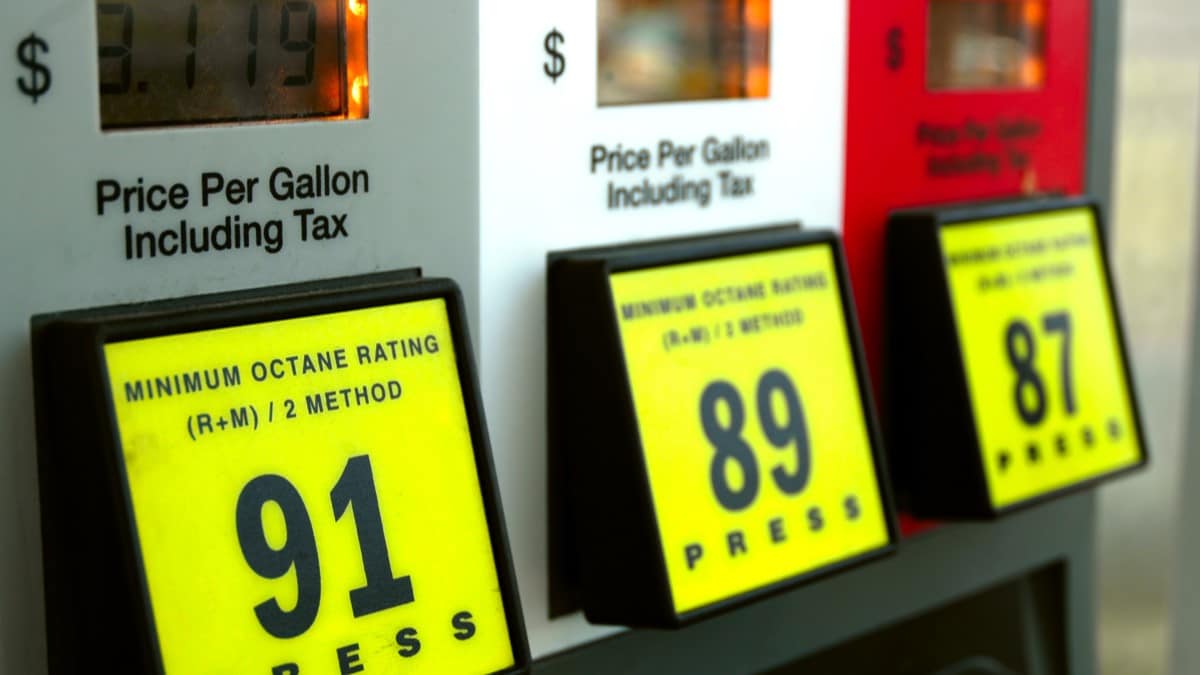Hurricane Helene has devastated Florida’s Big Bend and left damage that will linger for months. But its impact on gas prices could be short-lived, according to AAA.
Helene halted steadily falling pump prices. The nationwide average price of a gallon of gas this morning sits at $3.22 – exactly where it was a week ago. Prices had been working their way down toward the $3/gallon line for weeks. Twelve states have an average price under $3 this morning.
However, AAA spokesperson Andrew Gross points out, “The storm is missing the Gulf’s oil production and refining centers as it lumbers through the Southeast.”
Related:
- What Rising Gas Prices Actually Cost You
- Gas Prices: How Hypermiling Saves You Money
- How to Get Better Fuel Economy in Your Existing Car
“Fuel distributors in Florida were bracing for supply shortages” as the storm approached, Reuters reports. But, while “Florida is the third-largest gasoline consumer in the United States, there are no refineries in the state,” the news agency reports.
Helene “will likely impact gasoline demand, but not supply,” Gross says. Across the Southeast, road damage, power outages, and flooding will keep people from filling up. They’ll shutter flooded stations and limit gasoline delivery into the region. But refineries will keep making the stuff, largely uninterrupted.
Plentiful Oil and Normal Autumn Price Drop Keeping Prices Low
Prices have fallen in late summer, ABC News explains, due “in part to sluggish demand for gas as the busy summer traveling season has given way to an autumn slowdown.” Refineries switch to a less-expensive winter gasoline blend in mid-September, which can push pump prices down about 15 cents in most markets. It doesn’t happen all at once. The price drop rolls out unevenly as stations sell off their last drops of summer blend and refill with winter mixes.
“A sharp decline in the price of crude oil has propelled an even larger drop-off in gas prices than typically seen at this time of year,” ABC News adds.
Analysts feared that major oil producers could cut global output, threatening to increase prices this winter. But, Reuters reports, “The Organization of the Petroleum Exporting Countries and its allies will go ahead with a planned oil production increase in December.”








